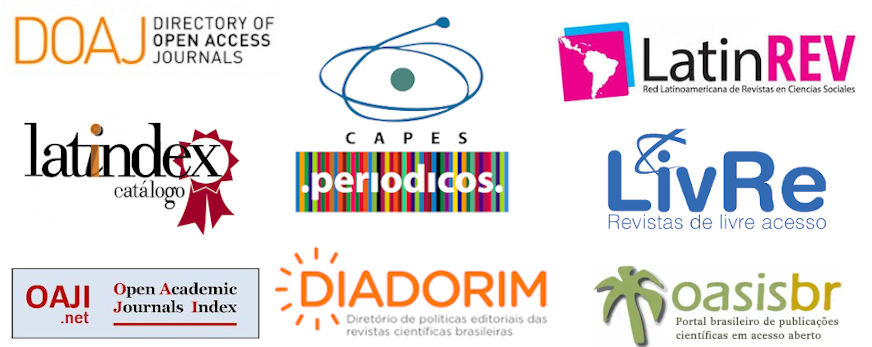Call for articles Nº 26 - Free themed and Dossier "Tolstoy - thinker and artist of difference"
Call for articles No. 26 - Free themed and Dossier "Tolstoy - thinker and artist of difference"
Tolstoy's work can be read as an experience of ethical discernment of the world, nature, technology, existence, death, war and peace. The hunger for truth inscribed in his realism, as Vladimir Jankélévitch observed, sought contact with the "things themselves", with the reality that is beyond [or below] idealistic misconceptions, thus defining the contours of a novelistic writing that got rid of the artifices that insinuate themselves between the self and the naked truth of the world. The procedure that Viktor Chklóvski called "ostranenie", and which ran through Tolstoy's entire oeuvre, is at the origin of an education in perception that was able to put on hold what Husserl later called the "natural and naive attitude". Therefore, the accounts of the young artist and war correspondent in Sebastopol, the ethnographic observation in the Caucasus, the description of nature and animals in Three Deaths and Kholstomér, and the transformations of perception that accompanied the writing of War and Peace, Anna Kariênina, The Death of Ivan Ilyich, Khadji-Murát and Resurrection, offer the variations of a thinker and artist who sought to show, against the grain of all idealisms, the difference and singularities of each entity.
The dossier Tolstoy - thinker and artist of difference sets out to think about the uniqueness of the work of the artist and thinker from Yasna Polyana in its most varied fields of reflection and reception.
In view of a work that has become a source of ethical, philosophical, political and religious insight into modern and contemporary life, the dossier will welcome papers dealing with the following themes: Tolstoy and war, Tolstoy and minority differences, Tolstoy and colonialism, Tolstoy and imperialism, Tolstoy and death, Tolstoy and philosophy, Tolstoy and nature, Tolstoy and the animal, Tolstoy and science, Tolstoy and education, Tolstoy and religion.
In addition to the free-themed works that RUS receives on a continuous basis for its issues, Nº 26 will also receive articles, essays and translations for the Dossier that address topics related to Tolstoy's work in its most varied aspects. Contributions can be submitted until February 29, 2024.
Organizers: Jimmy Sudário Cabral (Federal University of Juiz de Fora), Gérard Bensussan (Université de Strasbourg)




